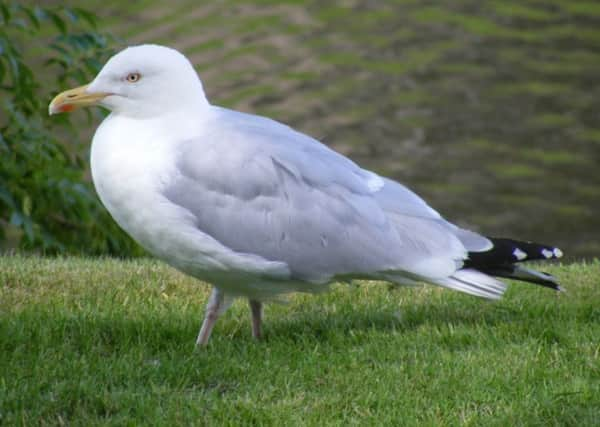Dealing with nuisance gulls


The gulls will be raising their young until the end of July and hence will be particularly territorial, causing the problems that have been experienced in towns and cities all over the UK in recent years.
The scavengers are not legally classified as pests and are protected by the Wildlife & Countryside Act 1981, meaning a license is required to kill, destroy the nest or eggs, or interfere with any gull.
Advertisement
Hide AdAdvertisement
Hide AdIt means you could be arrested if you try to deal with gull problems without permission.
A license can be granted by Scottish Natural Heritage (SNH) only on the basis of protecting public health and safety but not for noise or damage caused to human property by gulls or their droppings.
East Dunbartonshire Council does not provide a gull deterrent service so anyone who has a nest on their property and feels that the adult gulls are consistently aggressive and attacking people can approach an appropriate professional company to advise on and fit anti-nesting devices or remove eggs or young in line with an SNH licence.
Council leader Rhondda Geekie said: “Our community protection team advises that parent birds are territorial until the young have gone and will consider the area where their young are based as being their territory.
Advertisement
Hide AdAdvertisement
Hide AdThis can result in the swooping and ‘dive bombing’ behaviour that causes public concern.
“Not feeding them and ensuring that all our food waste is put in appropriate bins is one of the best ways to discourage gulls.”
If gulls are a particular local problem, it is best to prevent them building nests in the first place, and there are a number of deterrent measures which can be used on buildings such as spikes, netting and wires.
More info on gulls, including advice on discouraging them, is available from Royal Society for the Protection of Birds at www.rspb.org.uk